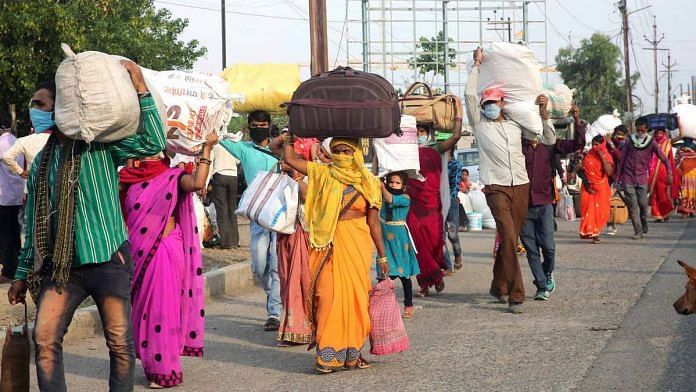
Thank you dear subscribers, we are overwhelmed with your response.
Your Turn is a unique section from ThePrint featuring points of view from its subscribers. If you are a subscriber, have a point of view, please send it to us. If not, do subscribe here: https://theprint.in/
Bio rights is a financing mechanism that provides global market players ecosystem services by paying small credits to the local communities.
At a time when India aspires to become a 5 trillion economy by 2027, the challenges are not only economic but also environmental. So we need an integrated mechanism of economy boosting and environmental sustainability so that corporate can get quality environmental products for a long time, to run the market and fulfill the demand-supply chain. This grass root mechanism improves basic living conditions and uplifts the poor from abject poverty.
When the livelihood requirements are fulfilled, the local community will not look towards the environment to fulfill their basic needs. In remote areas, people suffering from abject poverty exploit natural resources to meet their food and basic livelihood requirements, which in turn does irreplaceable damage to the environment.
The mechanism works in a way where market stakeholders need to transfer small credits to the local community for conserving and growing more target resources. These local community needs to be provided with an expert for overall project monitoring. Once the project period is over, these communities have to sell the environmental service to the stakeholder they have signed an agreement. The stakeholder can settle the interest and principal amount when buying the product.
For say people of a community sells rubber milk in season and after the harvest time is over it cuts the tree and sell it to a timber processing factory at cheap rates to fulfill its basic need. Next year their step will drown them deep in poverty.
Dedicated programs for bio rights can be game-changing for sustainable environment, extreme poverty eradication and in achieving five trillion dollar economy goal.
Also read: UNDP report found 1.2 bn people ‘multidimensionally poor’. Here’s how they calculated it
These pieces are being published as they have been received – they have not been edited/fact-checked by ThePrint.

COMMENTS